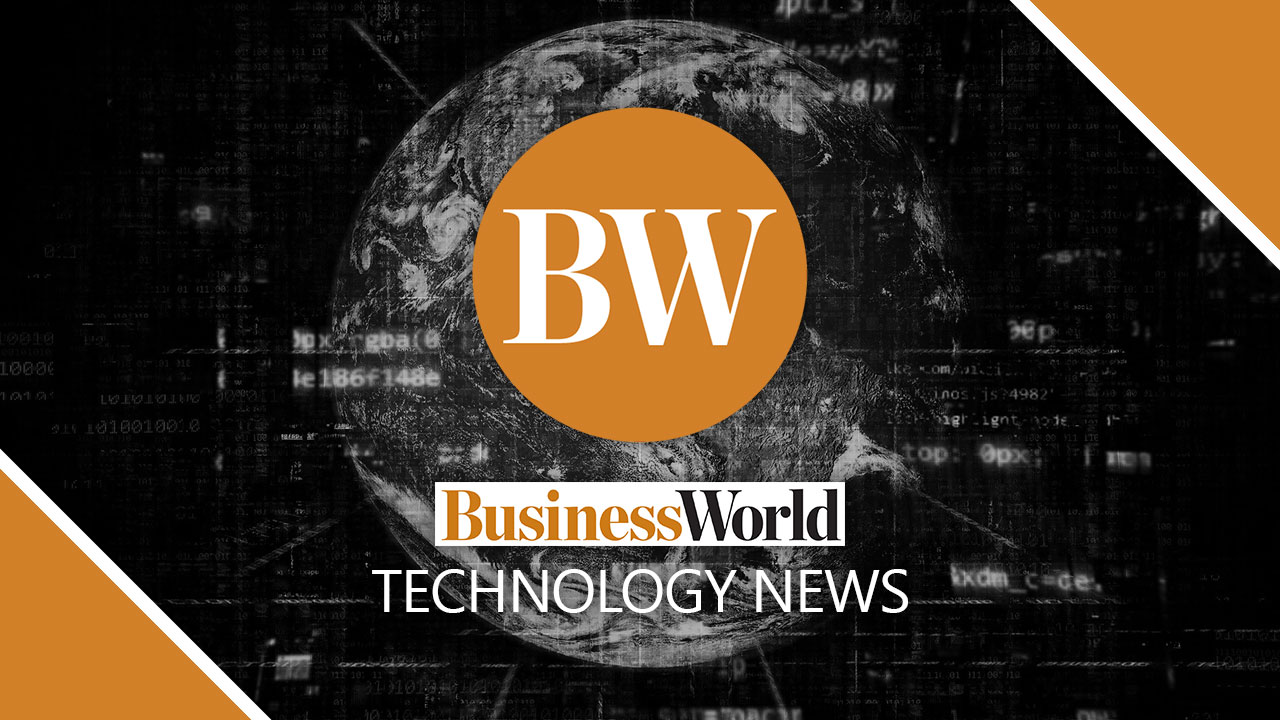AI won’t make us obsolete — it’ll make us superhuman

By David Irecki
ARTIFICIAL INTELLIGENCE (AI) is fast becoming one of the biggest growth engines in the Philippines. According to Access Partnership, it could unlock P2.8 trillion ($50.7 billion) in economic value by 2030. That’s a game-changing opportunity, but it also raises an age-old question: what does this mean for human jobs?
It’s a valid concern, but one that needs reframing. AI isn’t here to sideline people. It’s here to amplify what we can do. As Boomi Chief Executive Officer Steve Lucas puts it, “AI is meaningless without humans. AI won’t take away our jobs. It will make us superhuman.”
Instead of asking whether AI will replace us, the better question is, how do we harness it in ways that empower people while building a workforce ready to thrive alongside it?
AI IS CREATING NEW ROLES
The world of work is evolving faster than ever. In 2024, one in ten hires on LinkedIn held job titles that didn’t even exist at the turn of the millennium. Roles like AI Engineer, Data Scientist, and Customer Success Manager, once considered niche, have become mainstream. It’s a clear sign of a deeper shift sweeping across industries everywhere.
In the Philippines, this transformation is already well underway. According to the Information Technology and Business Process Association of the Philippines (IBPAP), 67% of IT and business process management (ITBPM) firms are currently using AI. Despite the automation narrative, however, only 8% of those companies have reported any reduction in headcount.
As AI takes over repetitive and time-consuming tasks, it frees people to focus on higher-value work such as creative problem-solving, strategic thinking, and collaboration. But to fully realize this potential, we must ensure the workforce is equipped with skills that AI cannot replicate.
UPSKILLING AS A NATIONAL IMPERATIVE
The good news is that the Philippines is already taking steps to future-proof its workforce. The government’s National AI Upskilling Plan for 2026 is setting aside P1.5 billion ($26.18 million) to prioritize AI education, starting as early as high school.
But preparing for an AI-driven future requires more than technical training alone. Effective upskilling must also prioritize soft skills such as adaptability, critical thinking, and emotional intelligence — uniquely human strengths that remain irreplaceable, even as automation accelerates.
According to the Philippine Institute for Development Studies, many Filipinos struggle in this area — highlighting the need for a renewed focus on digital literacy, resilience, and problem-solving in both academic and professional development programs.
If successful, the rewards will be significant. Access Partnership estimates that narrowing the digital skills gap could add P809 billion ($14.5 billion) to the Philippine economy annually by 2030.
A NEW MODEL FOR TALENT DEVELOPMENT
In the past, early-career employees often spent years on routine, manual tasks. Today, AI is handling much of that work. New talent must be prepared to contribute at a strategic level from day one.
While AI can make decisions, draft reports, or analyze data at scale, it still can’t fully emulate the nuance of human judgment. It lacks context, compassion, and creativity, all of which are vital in business.
To support this, we need a new approach to career development — one that embeds mentorship, continuous learning, and hands-on experience with AI technologies. It also requires deeper alignment between academic institutions and industry to ensure education stays relevant to evolving business needs.
At the heart of this approach is a simple truth: there will always be humans in the loop. The future of work isn’t about choosing between humans or AI — it’s about equipping people to work smarter, together with AI.
BUILDING A FUTURE WHERE HUMANS THRIVE WITH AI
Technology should empower people. One of the most powerful manifestations of AI today is the rise of AI agents. These digital assistants automate tasks, provide intelligent recommendations, and even communicate with other systems in real time.
When designed and deployed thoughtfully, these agents can free people to focus on higher-value work that requires critical thinking, empathy, and creativity. But to harness their full potential, businesses need to build them responsibly. That means putting transparency, oversight, accountability, and clear guardrails from the start.
As AI continues to advance, it’s easy to be dazzled by what it can do. But even as it transforms how we work, qualities unique to humans will remain the cornerstone of truly future-ready organizations.
David Irecki is the Chief Technology Officer for APJ, Boomi



